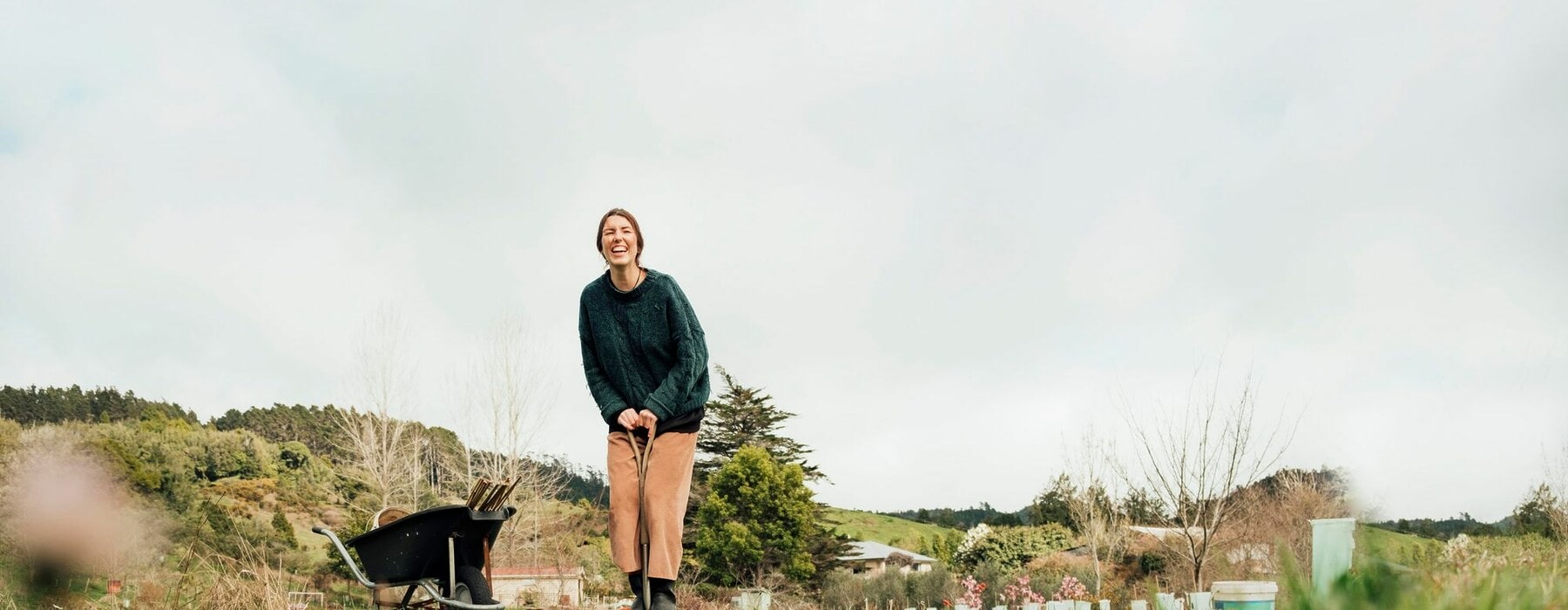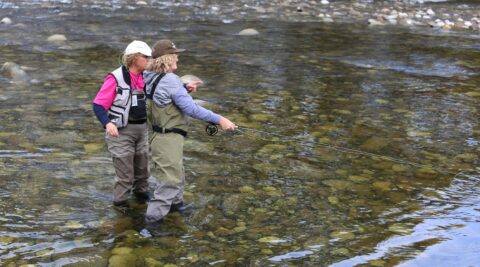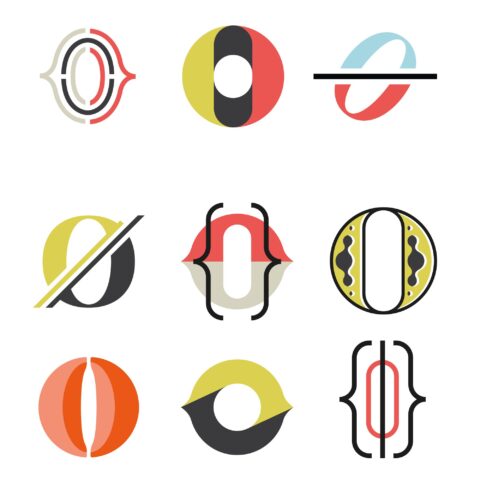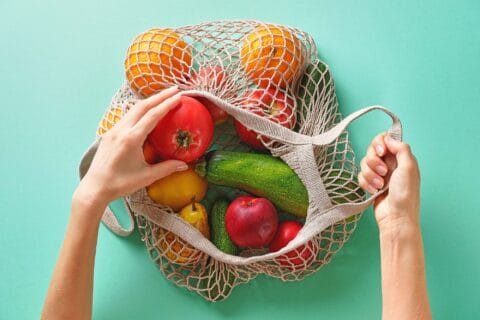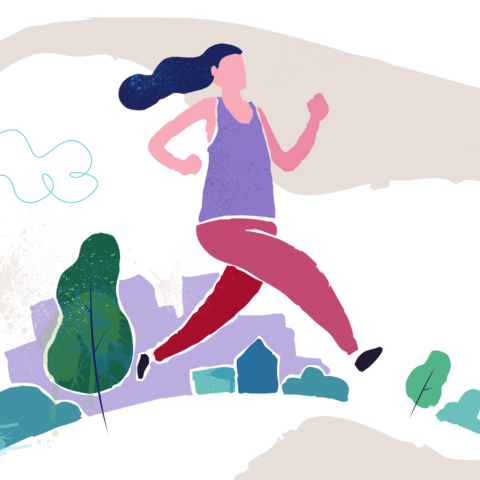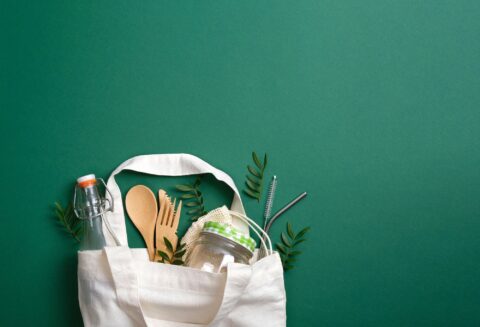A little goes a long way when it comes to doing your bit for the planet, says our new sustainability columnist Fiona Ralph.
Tackling the planet’s waste problem, and trying to slow the effects of climate change, can seem an insurmountable problem. I have days where I struggle to find the motivation to pick up rubbish I find on the beach or clean my soft plastics for recycling. But our own daily actions add up.
Some people argue that individual action is not enough to make a difference. But researchers have found that people are influenced by other people’s actions, which can in turn lead to collective action. Although governments and corporations have a huge responsibility to make an difference in the fight against climate change, we have a responsibility to advocate for this, as well as support companies who are doing the right thing, and vote for governments and bills that will protect the environment – while also making small changes ourselves.
Emphasis on small changes: we can’t expect to do everything, and not everyone has the money, time, or mental or physical health to choose more sustainable options. Maybe you’re growing veges but still love fast fashion, or you bike to work but haven’t figured out composting yet. I didn’t change everything at once; I swapped one habit at a time until more of the things I bought or used were eco-friendly, and I’m still going through this process.
I often think my sustainability journey started nine years ago – ironically while racking up CO2 emissions travelling the world. As clichéd as it sounds, living out of a backpack taught me to consume less, as did seeing the amount of rubbish in countries with less-developed waste- management systems (in reality, New Zealand creates more waste than developing countries, we just hide the problem underground and export our recycling to these very countries).
When I look back, I’ve been passionate about protecting Papatūānuku (the Earth) since I was a child, growing up on the cartoon Captain Planet and teaching my parents about recycling when it was introduced at school. My parents and grandparents brought me up on the “less is more” philosophy and taught me that wasted food was an absolute no-no, while my grandma led the way in reusing scraps of tinfoil, plastic bags and margarine containers. Grandad also signed my sister and I up to the Kiwi Conservation Club, the youth arm of the Forest & Bird charity, which saw us planting trees and learning the importance of mangroves.
These days, as a journalist with a sustainable focus, I write about topics such as food rescue, ethical fashion, second-hand shopping, foraging and organic gardening. I’m currently writing about eco renovating each month in Woman’s sister title Haven, and am very excited to now be writing this sustainability column in Woman.
Rather than a fortnightly guilt trip, I’ll be writing about the little things you can do to make a difference. I’ll touch on a different topic each issue and call in experts for areas which go over my head. Because that’s the thing about sustainability: nobody is doing it perfectly. Even the most sustainable people I know – or follow online – admit there are areas they’re not doing so well in, and things they buy which are far from eco-friendly.
For example: I compost, shop second- hand, use a menstrual cup and keep a set of cutlery in the glovebox to help deter me from using plastic cutlery. I pick up rubbish when I see it, and advocate for the environment whenever possible.
But I also own a car, eat some meat (while trying to cut down) and still buy some groceries wrapped in plastic (chippies, anyone?). And until 2020, when the world stopped, international travel was top of my to-do list.
My goals now? To grow more of my own food, swap the gas-guzzler for a hybrid, reduce my plastic packaging further and continue to campaign for greater systemic change.
With Earth Day on April 22, and this year’s theme of “Restore the Earth”, it’s a good time to think about what you are doing for the planet and challenge yourself to try something new.
Here are some ideas
- Plant bee-friendly flowers to attract the buzzing insects to your garden.
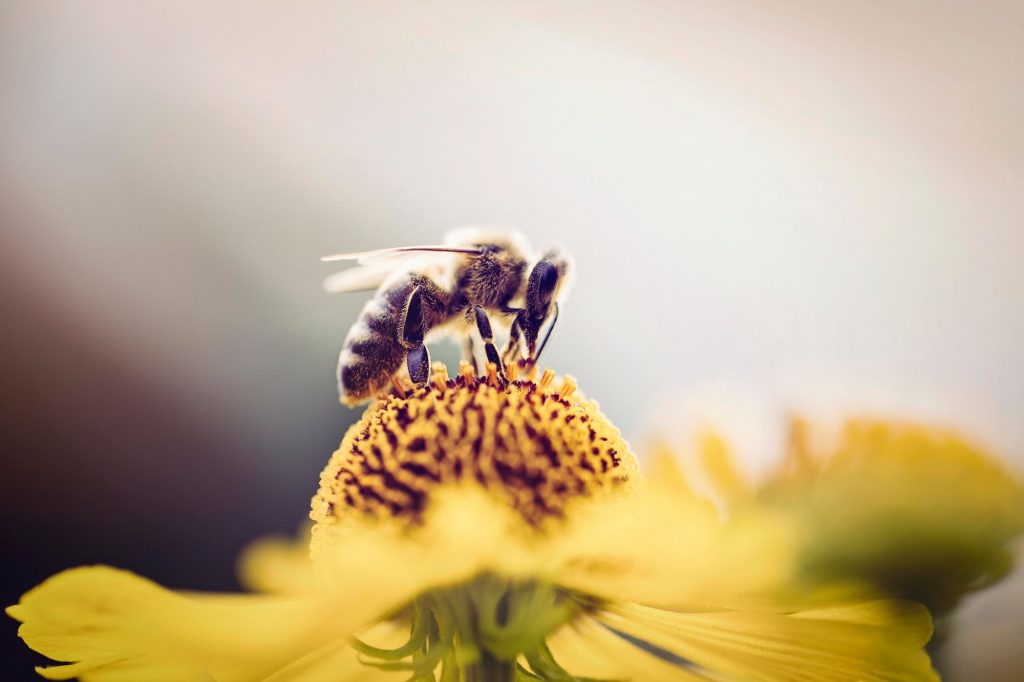
- Try plogging: picking up rubbish while jogging (or walking, biking etc). The term stems from a combination of the Swedish words plocka upp (pick up) and jogga (jog).
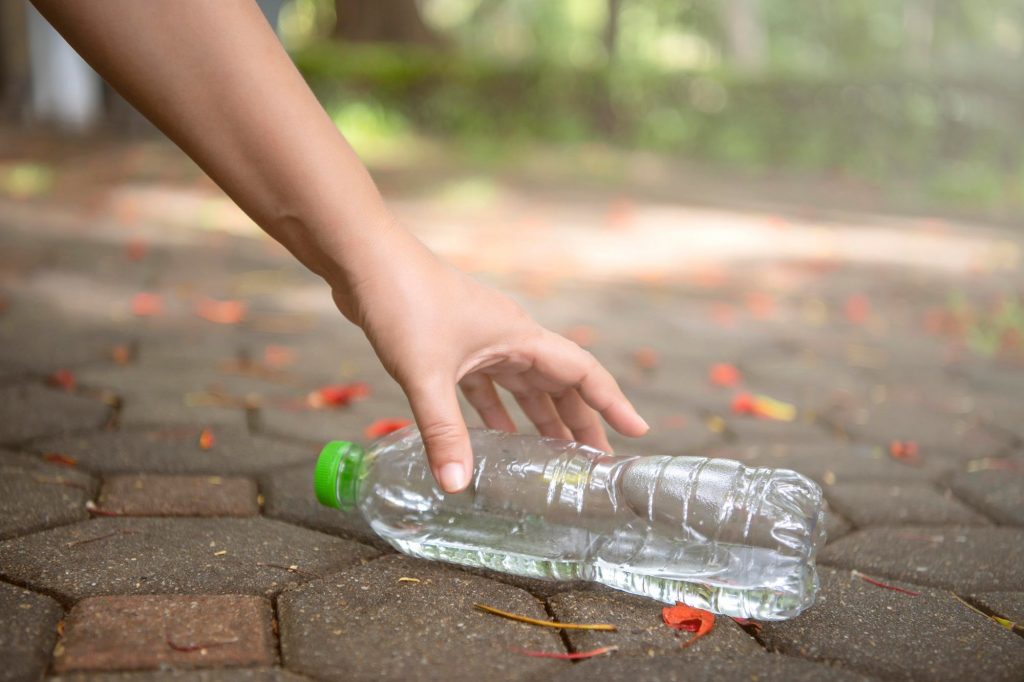
- Challenge yourself to meat-free Mondays, or make a meal out of leftovers to cut down on food waste.
- Switch one disposable item you use frequently – eg. a plastic drink bottle, make-up wipes or produce bags – to a reusable version.
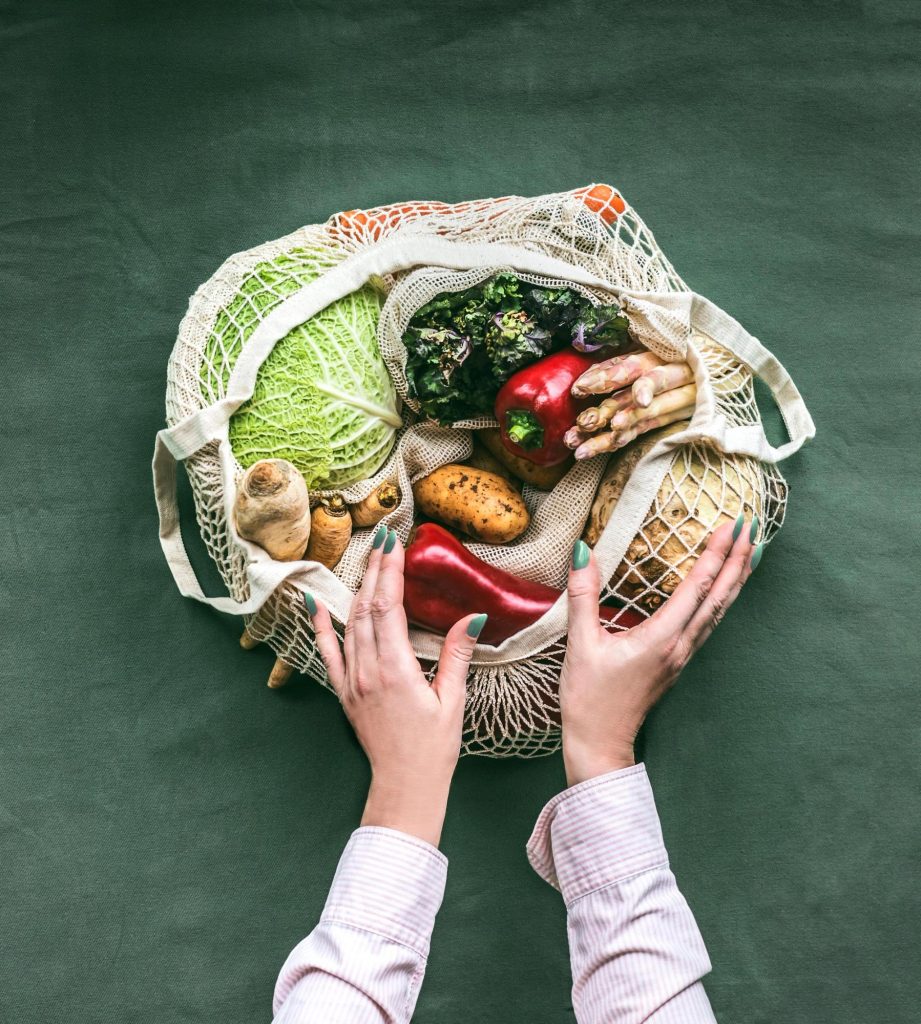
- Swap the car for the bus, bike or walking shoes one day a week.

